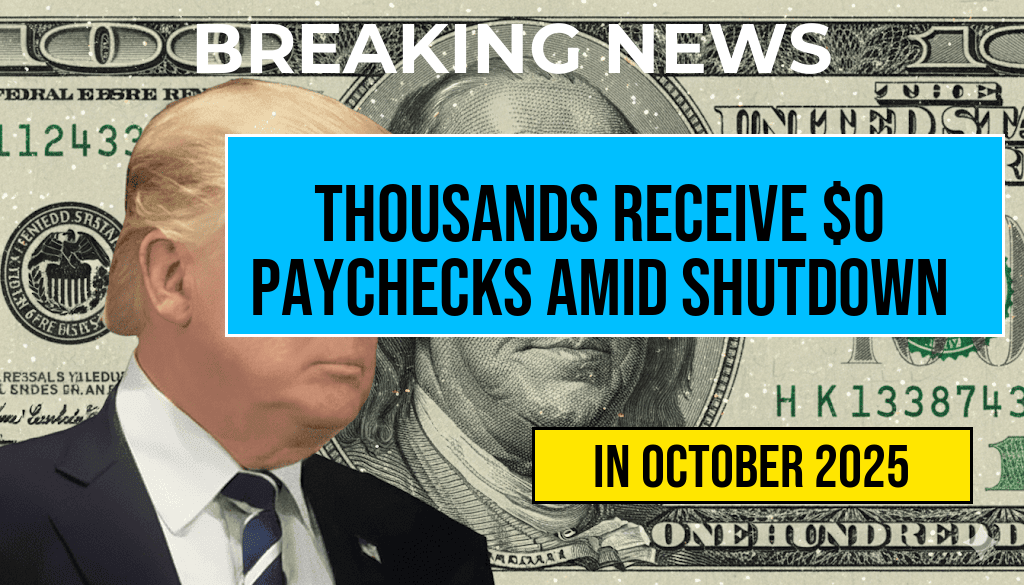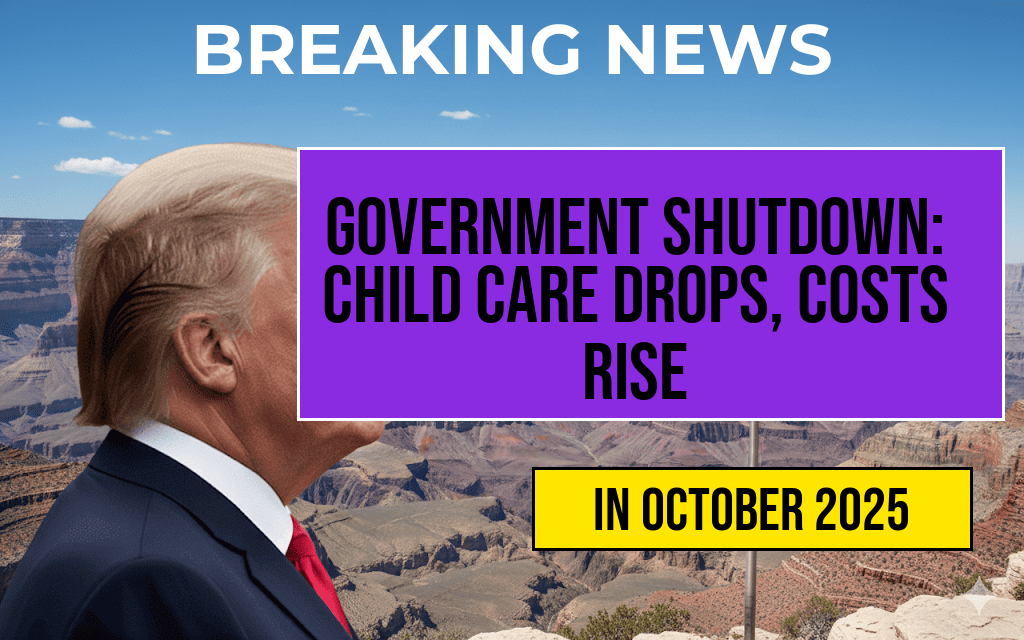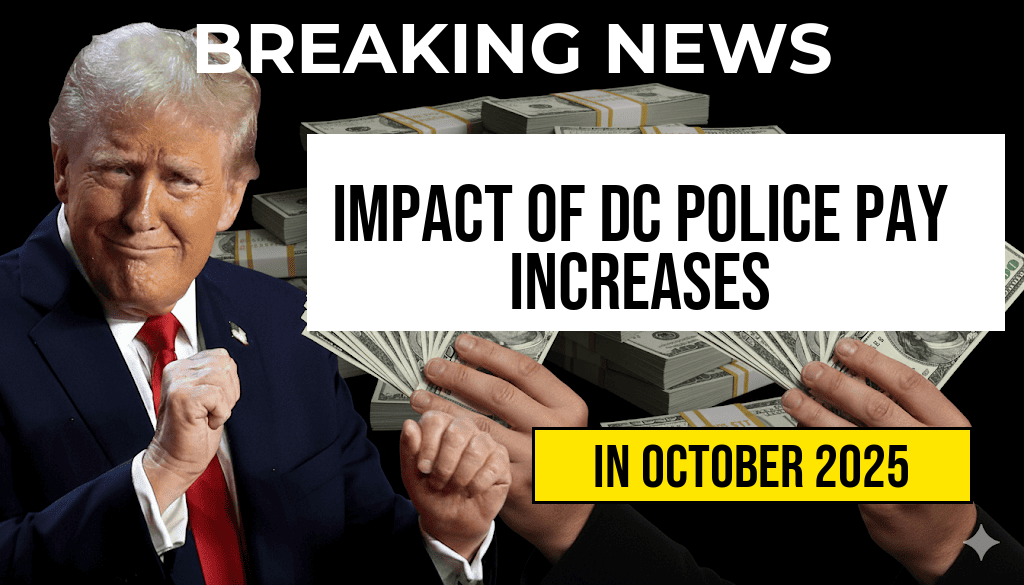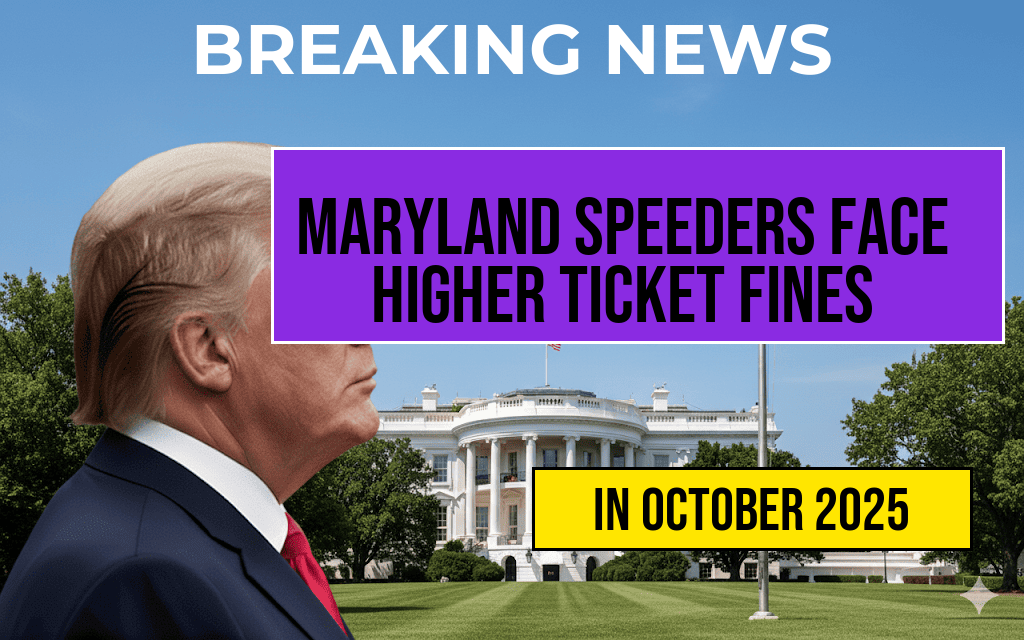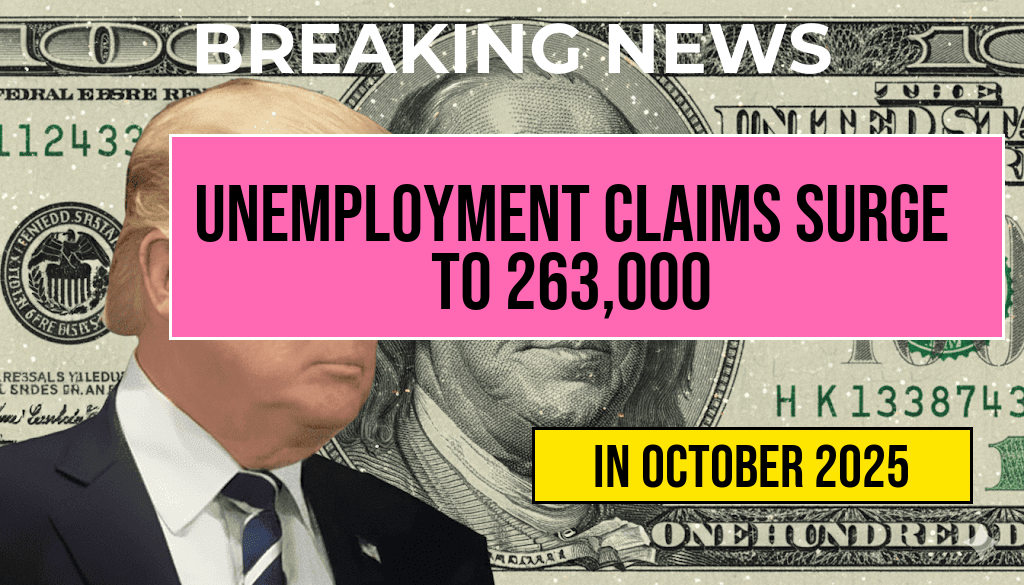In recent months, the District of Columbia has seen a significant shift in police compensation, with authorities approving substantial pay increases for city officers. The adjustments, aimed at attracting and retaining qualified personnel amid a national staffing crisis, have sparked discussions about the implications for both officer salaries and the broader city budget. As local officials grapple with these changes, residents and stakeholders are keen to understand how these pay hikes will influence law enforcement operations and the fiscal landscape of Washington, D.C.
The Pay Increase Overview
The D.C. Council recently passed legislation that will incrementally raise police salaries over the next few years. The increase, which ranges from 5% to 20% depending on the rank and years of service, is designed to align D.C. police salaries with those of other major metropolitan areas. For instance, a newly appointed officer could see their salary jump from approximately $60,000 to nearly $80,000 within a few years, depending on performance and tenure.
Rationale Behind the Increases
The decision to boost police salaries comes amid a nationwide shortage of law enforcement personnel. According to the Forbes, many cities are struggling to fill vacancies, leading to increased workloads for existing officers and heightened stress levels within police departments. D.C. officials believe that competitive salaries are essential in attracting candidates to a profession that has become increasingly challenging and scrutinized.
Budgetary Considerations
The financial implications of raising police salaries are significant. The D.C. budget for the upcoming fiscal year allocates approximately $2 billion for public safety, with a substantial portion dedicated to police compensation. The pay increases are projected to cost the city an additional $50 million annually. This expenditure raises concerns about how it will impact other essential services, such as education and public health.
Potential Effects on Officer Morale and Recruitment
Supporters of the pay increases argue that better compensation will lead to improved officer morale and job satisfaction. Officers who feel valued are likely to perform better and engage positively with the community. Furthermore, a competitive salary structure may attract a more diverse pool of candidates, enhancing the overall effectiveness of the police force.
- Higher Retention Rates: Improved pay could reduce turnover, decreasing the costs associated with hiring and training new recruits.
- Enhanced Community Relations: Well-compensated officers may foster better relationships with residents, contributing to a safer community.
- Diverse Recruitment: Attracting candidates from varied backgrounds can improve the department’s ability to address the needs of a diverse population.
Challenges Ahead
Despite the positive outlook, there are challenges associated with the pay increases. Critics argue that simply raising salaries may not address deeper issues within law enforcement, such as the need for comprehensive training and community engagement strategies. Some city council members express concern that the increased budget allocation to police may come at the expense of vital social services.
Public Perception and Accountability
The D.C. police department has faced scrutiny over incidents of misconduct and use of force, which has led to calls for greater accountability. As salaries rise, community members are demanding that police officers not only be well-compensated but also held to high standards of conduct. This sentiment highlights the delicate balance between supporting law enforcement and ensuring community safety.
Conclusion
The recent pay increases for D.C. police officers represent a significant investment in public safety, with potential benefits in recruitment and retention. However, the financial ramifications for the city’s budget and the ongoing challenges surrounding police accountability and community relations cannot be ignored. As the D.C. government moves forward with these changes, all eyes will be on the outcomes and whether they lead to meaningful improvements in both officer satisfaction and community trust.
| Year | Estimated Cost Increase | Total Police Budget |
|---|---|---|
| 2024 | $50 million | $2 billion |
| 2025 | $55 million | $2.05 billion |
| 2026 | $60 million | $2.1 billion |
Frequently Asked Questions
What are the main factors driving the recent pay increases for DC police officers?
The recent pay increases for DC police officers are primarily driven by a need to enhance recruitment and retention rates amid rising crime rates and the challenges of urban policing. Additionally, there is a growing recognition of the importance of competitive salaries in attracting qualified candidates.
How will the pay increases affect the city’s overall budget?
The pay increases are expected to place additional strain on the city’s budget, requiring adjustments in other areas or potential increases in funding from the local government. Budget reallocations may be necessary to accommodate the higher salary expenditures.
What impact do higher officer salaries have on police department morale?
Higher officer salaries can significantly improve police department morale, leading to increased job satisfaction and motivation among officers. This, in turn, can enhance overall performance and community relations, contributing to a more effective policing strategy.
Are there any concerns regarding the sustainability of these pay increases?
Yes, there are concerns regarding the sustainability of these pay increases, especially in light of potential economic downturns or budgetary constraints in the future. City officials will need to monitor the financial implications closely to ensure long-term viability.
How do DC police pay increases compare to national trends in law enforcement salaries?
DC police pay increases tend to be more aggressive compared to many other jurisdictions, reflecting the city’s high cost of living and the unique challenges faced by urban law enforcement. This trend aligns with a growing national focus on enhancing compensation for police officers to address staffing shortages and improve public safety.



